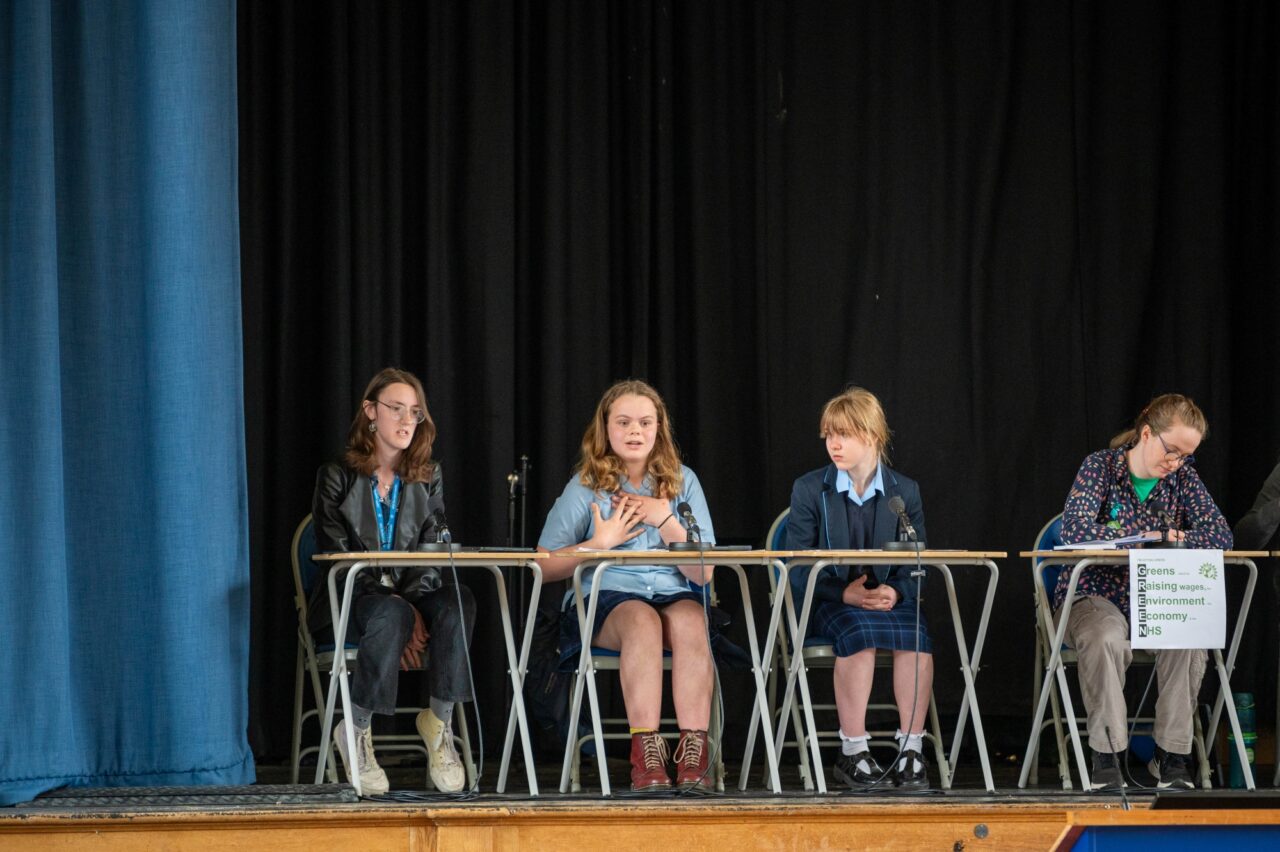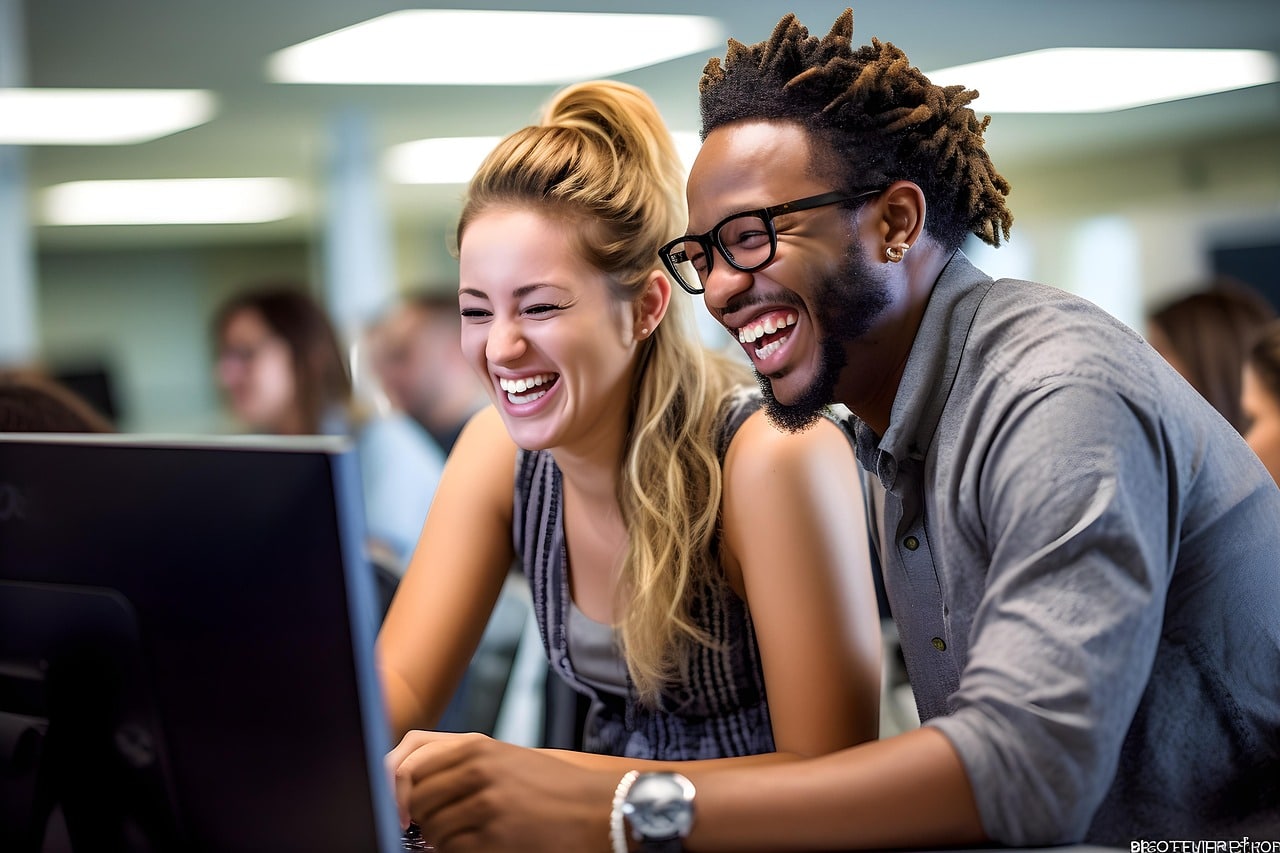Behind the scenes in Music
This summer marks 15 years since starting at the School. In 2009, I was brought in to run the purpose-built recording studio in the brand-new Music building. It had had just been opened by musician and parent Brian Eno.
I began as an extra member of the IT Support team, based in the brand new Music Department, where GCSE compositions were done on what were then top spec computers (but would struggle with internet browsing nowadays) and video recordings on enormous video cameras. For example, when asked to film the Carol Service in 2010, we hired in some rather hefty video cameras that could record in the highest standard at the time, ‘DVD quality’. Today, most of us carry around in our pockets devices capable of filming in many times that quality and we don’t think much of it.
Hiring equipment is useful because not only can you benefit from using equipment at a fraction of the cost of purchasing it but it can be exactly what you need for a specific project. It’s a guarantee of top-notch working equipment just for when you need it. However, over the years I’ve decided rather than hiring, my preference is instead (where possible) to buy that equipment instead, to invest. Invest in the tools that you need to do a job, because there’s a good chance that you will need it again in some form.
For my role this undoubtedly involves some physical equipment, like microphones, speakers and cables, but another equally (or perhaps more) important thing to invest in is your skills. By trying things differently and putting yourself out of your comfort zone when doing something familiar you’ll learn things that allow you to do an even better job next time, which is invaluable in becoming better at your job.
Every time I work on a project, I try and think of something that can be tweaked to make it better (a longer cable here, a wireless vs wired microphone there for example). If you do that then not only will you build up a stock of resources that means you’re capable of delivering the oddest of requests from staff and students, but your knowledge will increase with every job. Investing in learning, striving to make the next time better, invests in your own knowledge and skills as well as (hopefully) improving the standard of the event. Everybody wins! It has also meant that the Music Department now boasts an excellent set of audio equipment that can handle the vast majority of events and the need to hire equipment has reduced dramatically.
That makes us more adaptable to change, too. In 2018 we started live streaming all of our concerts, largely for the benefit of overseas parents. This became an invaluable resource, as two years later the technology could be put to use in earnest during the COVID-19 pandemic. During the time when the whole school couldn’t gather together as one, the recording studio effectively became a television studio, broadcasting virtual assemblies live into form rooms almost every day. So successful was this that we still do it from time to time,
Back to the Music Department itself. Visitors to the building often remark not only how impressed they are by the facilities we have, but how new the building still feels. I’m told that few schools in the area can boast a built-in recording studio, run by a full-time staff member.
So what is the best investment I’ve made in 15 years? The piece of equipment that has been the most valuable in all the events I’ve been involved with? Our trolley. Because not only has it saved me countless hours of carrying things between buildings, but also undoubtedly prevented my back from unnecessary pain from carrying heavy equipment long distances. Ultimately, there are no greater things to invest in than your time and your health.
I was once told that as a sound engineer, if no-one notices the job you have done / are doing, then you’ve done a good job. This is because usually most people will only notice the quality of the sound if something is not right with it. It might seem a pessimistic view of my industry, but I stand by it. Because fundamentally all that I am trying to do is make the experience for pupils and the audience as good as it can be.



